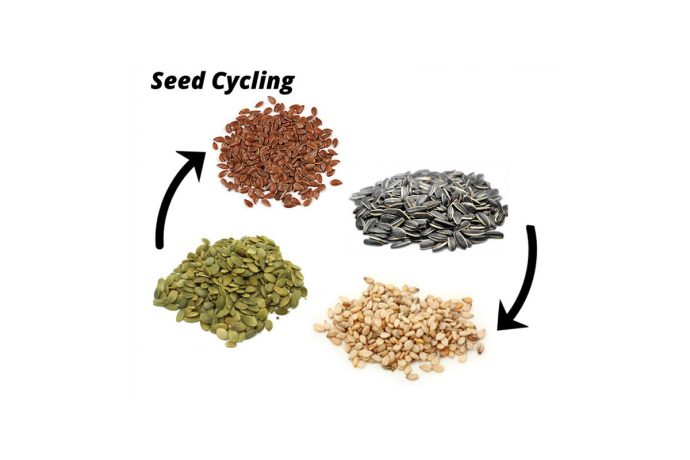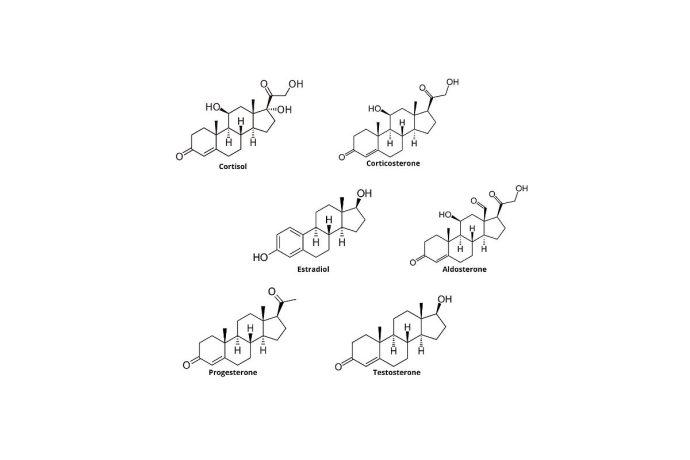
Hypothyroidism
Feelings of shame, frustration and anger sometimes linger with one’s extra unexplained weight gain. Then one turns for medical terms to explain one’s struggle, followed with a search for “quick fix” solutions. Could these be primary signs of a medical condition called “hypothyroidism”? In this context, let’s step back and go over some basics.
What is Hypothyroidism?
The thyroid is a small, butterfly-shaped gland situated in the middle of the lower neck. It releases hormones which control metabolism, energy levels, body temperature, heart rate, among other things. Without the right number of thyroid hormones, the body’s natural functions will eventually begin to slow down.
When a person is diagnosed with hypothyroidism, it basically means that their gland is not producing enough triodothyronine (T3) or thyroxine (T4), which in turn slows down bodily processes. This may lead to symptoms like:
-
Cold intolerance
-
Fatigue
-
Dry skin and hair
-
Forgetfulness
-
Brain fog
-
Depression
-
Constipation
-
Menstrual irregularities
-
Fertility problems
-
Yellowing of the skin
-
Hair loss
-
Brittle nails
-
Low libido
-
Puffiness in the hands and face
-
Difficulty losing weight and sometimes weight gain
The early symptoms are weight gain, fatigue and sometimes even depression. Of course, many of these symptoms also become more common with age in general. If you suspect your symptoms are the result of a thyroid problem, it is very important that you talk to your doctor.
Hypothyroidism related depression symptoms may include:
-
Difficulty concentrating
-
Weight gain
-
Fatigue
-
Depressed mood
-
Reduced desire and satisfaction
-
Sleep difficulties
Medical Evaluation
Your doctor will complete a thorough physical exam and medical history. Physical signs may include, dry skin, slowed reflexes, swelling and a slower heart rate. In addition, your doctor will ask you to report any symptoms you’ve been experiencing such as fatigue, depression, constipation or feeling constantly cold.
Blood tests
A thyroid-stimulating hormone (TSH) test measures how much TSH the pituitary gland is producing:
-
If the thyroid is not producing enough hormones, the pituitary gland will boost TSH to increase thyroid hormone production.
-
If one has hypothyroidism, the TSH levels are high, as the body is trying to stimulate more thyroid hormone activity.
-
If one has hyperthyroidism, the TSH levels are low, as the body is trying to stop excessive thyroid hormone production.
Hypothyroidism is most prevalent amongst women, due to external factors such as oral contraceptives, hormone replacement therapy, hormonal shifts that take place during and after pregnancy as well as during perimenopause which can all boost the risk.
What Causes Hypothyroidism?
An autoimmune disease: If the autoimmune response isn’t regulated or treated, your immune system can attack healthy tissues. Hashimoto’s disease is an autoimmune condition and the most common cause is an underactive thyroid. Hypothyroidism often goes along with other conditions like celiac disease, diabetes, rheumatoid arthritis, lupus, adrenal gland disorder, pituitary problems and sleep apnea.
Treatment for Hyperthyroidism: If your thyroid gland produces too much thyroid hormone, this condition is known as hyperthyroidism. Sometimes, treatment for this condition can cause levels of the thyroid hormone to remain low permanently. This occurs after treatment with radioactive iodine.
Surgical removal of the thyroid: If the entire thyroid gland is removed due to thyroid problems, one may develop hypothyroidism.
Radiation therapy: Radiation treatment used for cancer may slow or halt the production of thyroid hormone. This may also lead to hypothyroidism.
There are so many reasons why people with hypothyroidism may benefit from nutrition and lifestyle changes. Weight loss with hypothyroidism can be a lot harder – and it may make most people want to give up altogether.
The basal metabolic rate (BMR) includes the calories the body burns to keep one alive: powering the heartbeat, growing and repairing cells, adjusting hormones and breathing. It accounts to somewhere between 50 – 80% of all the calories a person burns. The rest come from exercise, digestion and minor non-exercise activity.
– Someone with no thyroid at all – due to surgical thyroid removal – may experience 40% drop in BMR.
– Someone with a functioning thyroid – may experience a milder slowdown, around 6%.
– For some, the untreated thyroid issues can reduce the number of calories they burn in a typical day by more than 300 calories. That will make their weight loss success even harder – Dropping a fraction of a pound a week – compared to someone without thyroid issues.
Several deficiencies are also known to contribute to hypothyroidism.
-
Iodine: The thyroid gland can’t make enough thyroid hormone if it doesn’t get enough iodine.
-
Iron: In addition to helping the body make red blood cells, iron is essential in the production of thyroid-stimulating hormone (TSH). Up to 40% of people with hypothyroidism also have iron deficiency, anemia.
-
Selenium: This mineral helps the thyroid use iodine to create the thyroid hormones T3 and T4.
-
Zinc: Zinc is found primarily in seafood, which explains why deficiency tends to show up in people who are strict vegans.
-
Copper: Usually we consume all the copper we need from our drinking water; however, someone somehow can end up deficient.
-
Tyrosine: This amino acid is involved in the creation of thyroid hormones.
Certain foods contain substances called goitrogens which stop the thyroid from absorbing the iodine that it needs to work properly. These foods include cruciferous vegetables (broccoli, cauliflower, kale as well as peanuts, grapeseed and soy). For some people we may recommend cooking these foods to deactivate most of the goitrogens.
Is there any such thing as a perfect hypothyroidism diet?
Not really, because people are bio-individual. Food for someone could be poison for someone else!
At some point in one’s journey, one may feel they’ve hit a brick wall. At GTRANCE, with the help of our certified health coaches, we try to find a path around the wall. Depending on the circumstances, this alternate route might involve a step-by-step change in one’s lifestyle or intermittent fasting or more exercise or more rest and relaxation or addressing other underlying issues/causes, or simply coaching a person into finding ways to be consistent with what he/she is doing.
If you have been diagnosed with hypothyroidism and are treating the condition but don’t see a change in your weight, you can still lose weight. At GTRANCE you can work with our health coaches and trainers to develop a focused healthy eating plan and exercise strategy to shed off all your unwanted extra weight. We believe successful weight loss starts in the mind, the mindset being the foundation. We therefore build on the iceberg of success (environment, habits, knowledge) finally making willpower a lot less important. The first step of the journey includes quieting the negative self-talk, learning self-compassion, reducing the stress level, making peace with one’s body and gaining a sense of control.
© 2020 GTRANCE, All Rights Reserved.










